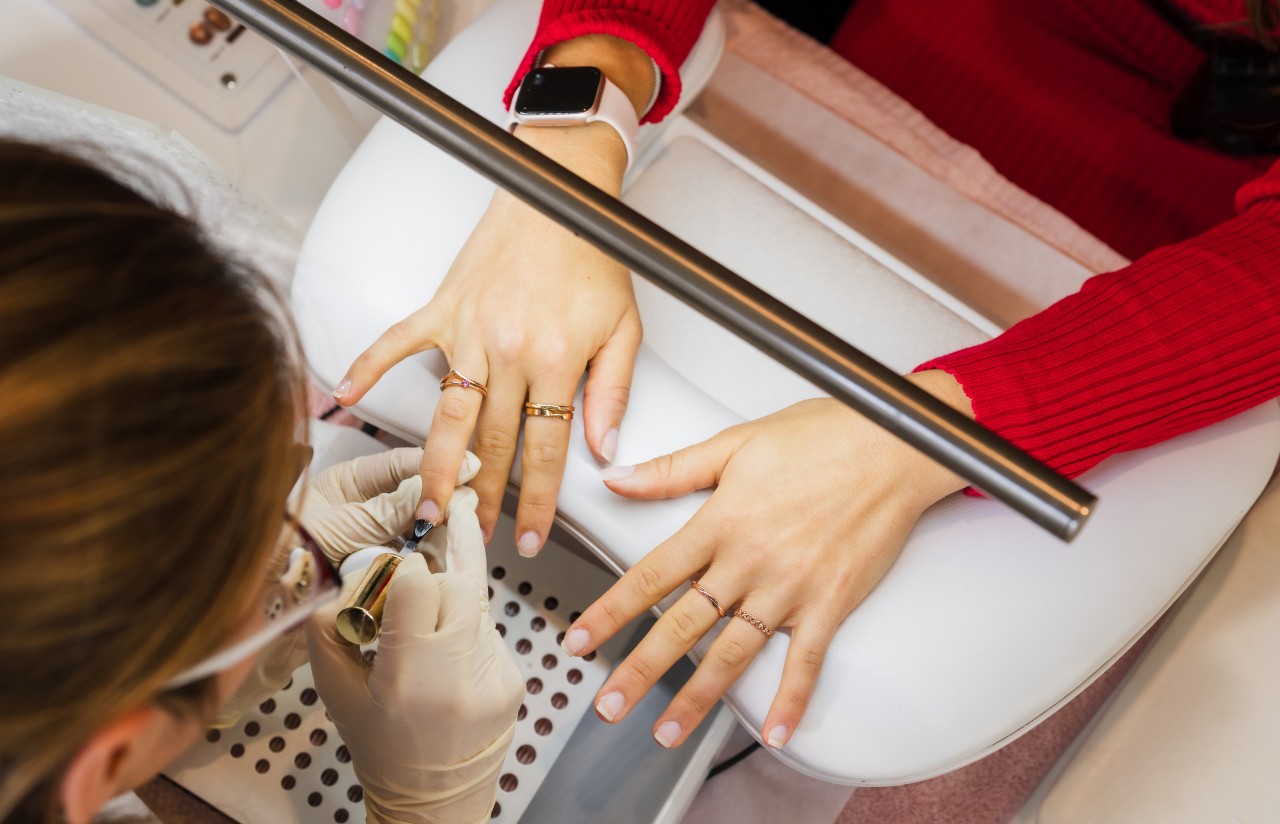
Are gel manicures safe?
UC expert featured in TIME article
The University of Cincinnati's Kelly Dobos was featured in a TIME article discussing the safety of gel manicures after the European Union prohibited the use of a chemical ingredient called trimethylbenzoyl diphenylphosphine oxide (TPO) used in some gel nail polishes.
Dobos said people who get gel manicures do not need to immediately panic, as most of the research into TPO's health effects has focused on feeding it to rodents or injecting it under the skin.
"That’s not really how we’re exposed to it in a nail gel,” said Dobos, a cosmetic chemist and adjunct instructor at UC's James L. Winkle College of Pharmacy. "Your systemic exposure is very low, because it’s also reacted away when you’re exposing it to that light in the nail lamp.”
However, if someone wants to avoid TPO altogether, there are nail polishes that use a different ingredient as a photoinitiator, such as TPO-L, a modified form of TPO which remains approved in the E.U. Dobos suggested asking the salon to show you the packaging of the products being used.
“If you're concerned about what they're using, ask, because that’s generally not right in front of you at the nail salon,” she said.
Featured photo at top of a person getting a manicure. Photo/nazar_ab/iStock Photo.
Related Stories
‘Designer drug’ shows early neuroprotective signal in acute ischemic stroke
October 28, 2025
Medscape highlighted new trial results led by the University of Cincinnati's Eva Mistry that found an experimental drug shows promise in protecting injured brain cells for patients with acute ischemic stroke.
UC Board votes to fund design for YMCA renovation
October 28, 2025
At its October 28, 2025 meeting, the University of Cincinnati Board of Trustees approved $5 million in funding to complete all design and pre-construction services required to renovate the interior of a former YMCA building located at 270 Calhoun Street.
Is menstrual fluid ‘the most overlooked opportunity’ in women’s health?
October 27, 2025
The Guardian recently reported that period blood has long been thought of as ‘stinky and useless’, but startups are exploring using the fluid to test for a wide range of health conditions — including endometriosis.
